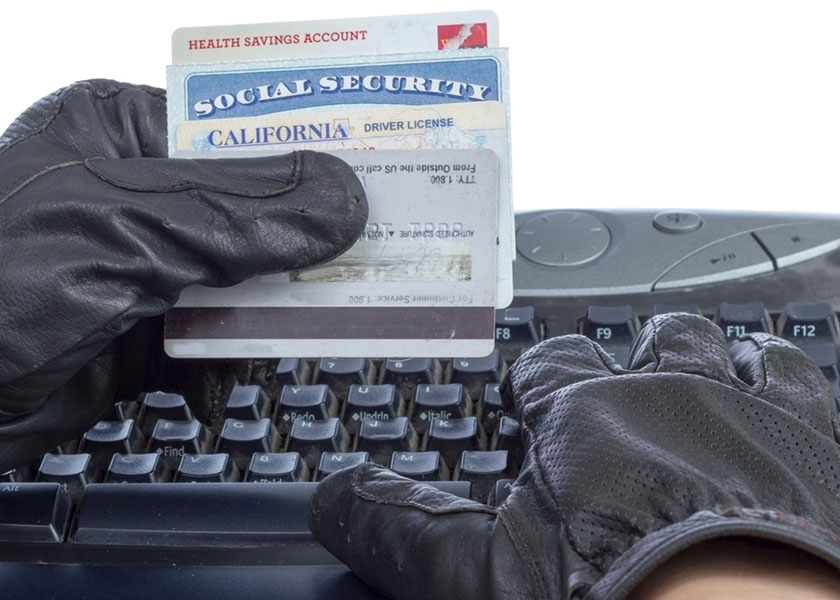Alana Macy CFP®️️, MBA Wealth Advisor
Identity theft is the fastest growing crime in the United States and, on average, there are 7 million identity theft incidents per year. If you are over age 65, you are most at risk of having your identity stolen. The world is changing, thieves are getting smarter and you need to make sure you are aware of the warning signs so you can protect yourself. Not only can identity theft cause extreme damage to your financial situation, it can also take a lot of time and energy to resolve.
Some of the warning signs to look out for are:
- Being denied credit: if you are applying for credit (car loan, HELOC, mortgage, etc) and you are surprisingly denied, this is a big red flag. If this happens, you need to contact all 3 credit bureaus by phone and in writing. The 3 credit bureaus are Experian, TransUnion and Equifax.
- Suspicious finding on your credit report: if you have reports on your credit for loans or credit cards that you do not know about, this is a warning sign that someone might be opening credit in your name. Again, if this happens, you want to contact all 3 credit bureaus.
- Unusual charges on your credit card: keep a close eye on your transactions. If there are transaction that you did not make, contact your credit card company to refute the charges and request a new card.
- No longer receiving mail: if you stop receiving mail, this could mean someone has changed your mailing address. Your mail contains many pieces of personally identifiable information. You need to contact your local post office and the U.S. Postal Inspection Service if you suspect someone has changed your address.
- If you’ve lost your wallet, credit card, ATM card: if you lost (or experienced theft of) these items, you need to be on high alert. Keep close attention to your credit, your account transactions and your checking and savings accounts. You should reach out to your bank, financial advisor and credit card company to make sure they are aware that someone could have access to your information.
Some of the ways to protect yourself are:
- Have secure passwords: make sure all your passwords, especially passwords for financial sites, are secure and complex. They should include numbers and characters and you should be changing them every 90 days.
- Guard your mailbox from theft: like I mentioned above, your mail contains lots of personal information about you. Make sure you get your mail every day and, if you are out of town, have a neighbor bring in your mail for you.
- Consider going paperless: to further protect yourself from mail theft, consider going paperless for all of your financial accounts and bills.
- Order a copy of your credit report annually: look over your credit report every year and make sure there are no surprises. You can order your credit report for free here: com
- Sign up for identity theft protection services: there are many services out there. One that we recommend is LifeLock. With a monthly subscription, you will receive alerts for potential concerns. Even with this service, you still need to be diligent and keep an eye out for warning signs. You can sign up for LifeLock here: Norton.com
- Consider freezing your credit: if you are not opening up credit in the near future, it may be a good idea to freeze your credit with the 3 credit bureaus: Experian, TransUnion and Equifax. Note that there is a small fee to freeze and unfreeze your credit.
We don’t mean to evoke fear and worry with this blog post. Rather, we hope to give you the education and resources to stay vigilant. As the world changes, with the prevalence and sophistication of scams and AI growing, it is important that you continue educating yourself on ways to protect yourself. We at Bloom Wealth Advisors are always looking out for you and are here for your questions or concerns! Please reach out to us if you want more information or resources on identity theft.


